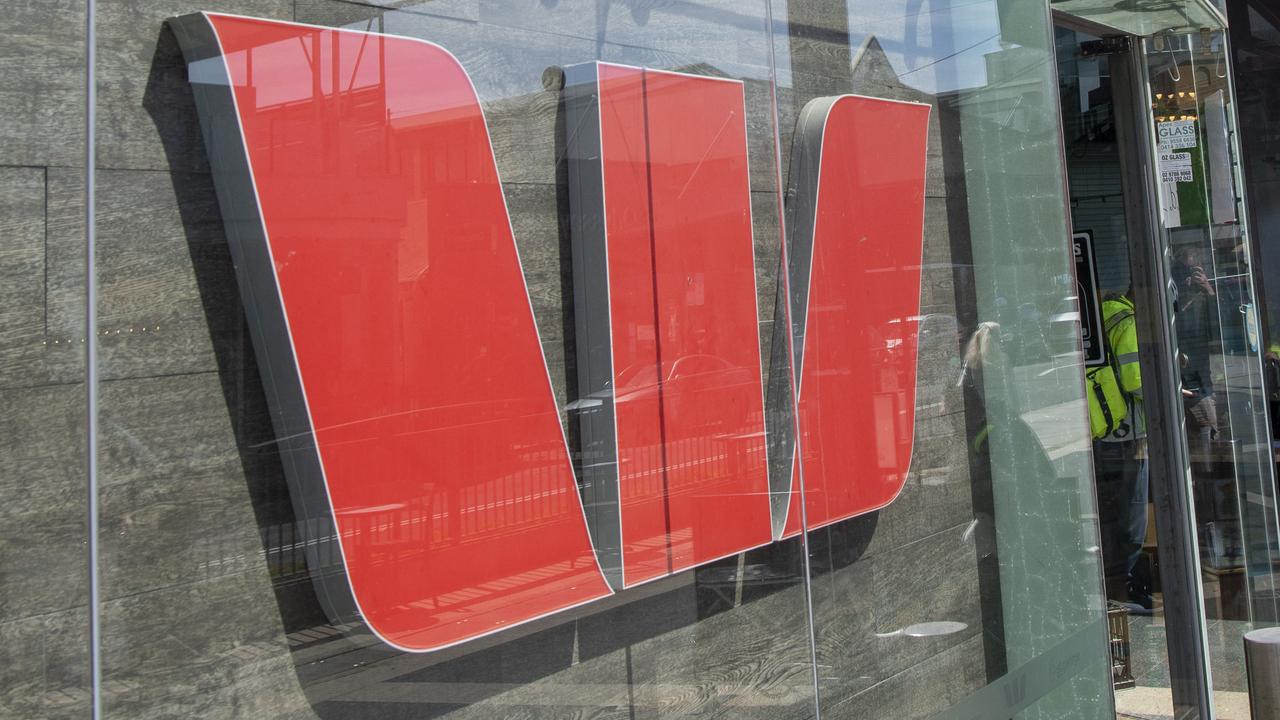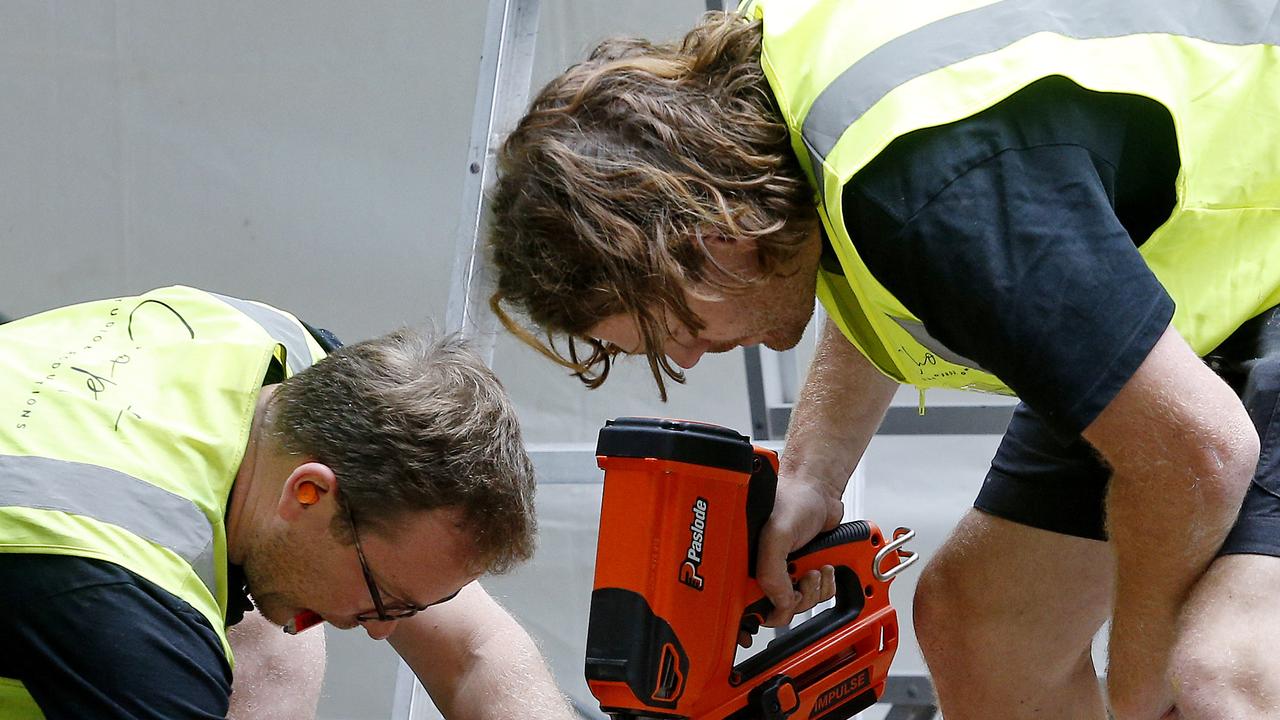Gen Y in ‘reverse mentoring’ trend that’s sweeping some of our oldest corporate institutions
JUNIOR workers are teaching their bosses a thing or two, thanks to a new management trend that’s turning the old-school office hierarchy on its head.

IT’S the management trend that is sweeping some of Australia’s oldest institutions, as corporate dinosaurs scramble to keep pace with the digital revolution.
Business titans are appointing junior staff as personal advisers to give them an edge. The internal “reverse mentorship” programs pair young, digital natives with high-level executives.
Gen Y mentors like MasterCard’s Rebecca Kaufman are turning the old-school corporate hierarchy on its head and teaching their superiors a thing or two about doing business in the digital age.
Ms Kaufman, 24, mentors MasterCard’s global HR boss Ron Garrow, a challenge she took on just 18 months into her career in late 2013.
While she was “a little bit nervous to be placed in a one-on-one situation with a senior executive,” Ms Kaufman said the experience had bolstered her confidence and opened up a new perspective on her career.
“I tried to go in there with no expectations,” she said. “From the first meeting, any nervousness I had went instantly out the window; he was really perceptive to everything I had to say.”

Ms Kaufman worked with Mr Garrow on his social media strategy. She used the expertise honed in her external communications role to help build his “personal brand” online.
“I had to learn a little bit more about the HR space,” she said.
“I wanted to see who on Twitter in the HR space has been really influential, which publications he should be following, and what are the great opportunities for him to get involved in HR conversations so he could really show up as an industry leader.”
As a result of Mr Garrow taking up her suggestions, she said, other employees were emboldened to create a more active social media presence.
“Seeing Ron out there on Twitter gives other employees the justification to do it,” Ms Kaufman said. “Having someone so high up in the company being an advocate for our work — he’s set a great example for the rest of the company.”
More than a year on, she said, “we still meet pretty frequently, and I try to keep an eye on his Twitter”.
The evidence speaks for itself; Mr Garrow now tweets like a pro:
Getting ready to climb the Sydney Harbor Bridge with my HR colleagues BridgeClimb_Syd #Priceless pic.twitter.com/h5Kh9P4GTS
— Ron Garrow (@RonGarrow) August 23, 2015In an industry subject to massive disruption by fintech start-ups, management consultant Lizzie Allen said tapping into millennials’ knowledge and expertise was a vital defensive weapon.
“A lot of global organisations are doing it, particularly those operating in a tech space and those that have undergone quite a transformation,” Ms Allen said.
“In banking and finance world, technology is really disrupting organisations.”
MasterCard, Credit Suisse, Accenture, BP, IBM and the Reserve Bank of Australia are just some of the big corporates jumping on the trend, which was first championed by General Electric boss Jack Welsh in the late 1990s.
“I think it could be broadened over other corporates,” Ms Allen said.
“I would recommend that everyone gives it a go, and it doesn’t have to be just those who are confident ... Bringing together people from different backgrounds and experiences can enhance the relationship more.”
She said while “reverse mentoring” had always occurred naturally in traditional mentor relationships, companies could find greater benefits by setting up a structured program.

“It really has to come from the top,” she said.
“If it’s set up as an end game, the older worker goes in with a different level of interest. Rather than being the old sage with all the advice of ‘this is how I’ve done this or that’, each one of them has a ‘tell’ role.”
Reverse mentoring “allows senior executives to really understand how that younger generation ticks”, Ms Allen said, decreasing conflict by breaking down barriers and misconceptions.
And it had benefits for both mentor and mentee, she said, with the millennial worker gaining insights into the company’s wider operations and long-term strategy, allowing them to better plan their own career.
This was the case for Ms Kaufman, who said she had a massive confidence boost, and gained invaluable insights, from her relationship with Mr Garrow.
“It’s helped validate my opinions, because I realised people at MasterCard do want to hear what I have to say,” she said.
“Ron has really been much more of a mentor to me than I ever have been to him; being able to watch him interact with people, and see how other people at the company interact with him, has been really eye opening to me.”
And, just like a traditional mentor, Ms Kaufman has someone to go to for career advice.
“I know I have someone to check in with if I have a question or am thinking about what’s the next step for me,” she said.




